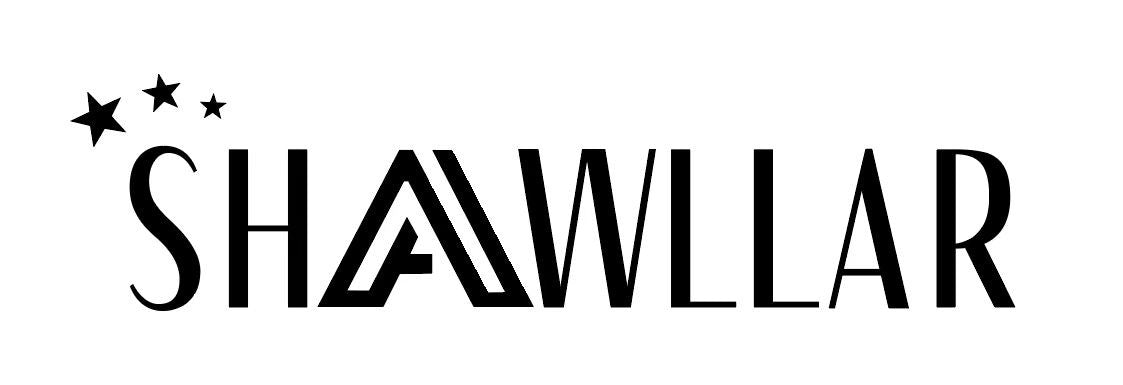Water and electricity are the most critical concerns for users of caravan camping. As for water, this has been effectively solved by adding water purifiers or water filters.
In terms of electricity, it is common to add solar panels to achieve a higher capacity of electricity. Still, the panels themselves have certain defects, such as affecting the overall appearance, increasing the weight of the vehicle, not being firmly installed, heat exhaustion of power generation efficiency, instability due to the shift of the center of gravity, and the risk of height restriction. This product can effectively solve the problem of an insufficient power supply system for the vehicle when the user lives in outdoor camping for a long time, so as to realize the quality caravan experience better.

With the changing times, more and more technological intelligence is also integrated into the field of caravans, and water and electricity security is a direct impact on the experience of quality caravan camping life.
Shawllar is a new energy high-tech enterprise committed to building the world's leading small intelligent light storage system solutions. 2019 the company has set up a new RV photovoltaic power supply system business center, active research and development and production of RV field supply flexible components, and has reached a consensus with a number of RV manufacturers in the market, in order to meet the RV photovoltaic system with increasing supply requirements, reliable quality, while The products cover flexible photovoltaic modules, controllers, cables, structural adhesives, and other ancillary products, solving the problem of fragmented procurement and after-sales service for various caravan enterprises, and the current scope of application includes self-propelled A-type, B-type, C-type and trailer and other vehicle types.

Shawllar PV system is made up of flexible PV modules, controllers, PV cables, structural adhesives, and other products. The weight of each flexible module with a capacity of 100W is only 1.4kg, which is much lower than that of similar products in the market. When 1000W PV panels are installed at the same time, the weight of hard panels is 70-75kg. This minimizes the impact on the caravan's center of gravity and increases its relative safety.

The thickness of small blue flexible module is as thin as 1.7mm, which can be seen in the picture as even thinner than a coin, reflecting its lightweight feature; the surface is smooth without pits, and not easy to accumulate dust, and surface impurities will fall off after rain or tap water, self-cleaning ability, no need to scrub frequently. The modules are made of fluorine-containing materials with high weather resistance, and anti-oxidation, and are not easily yellowed; adhering to the green PV design concept, there are no lead-containing wires and solder tapes, realizing lead-free module technology and materials. The fluorine-containing material is added to Shawllar flexible module, of which the thermal decomposition temperature of the surface layer of PVDF is over 316°C. The material has a characteristic temperature range of -40~150°C and an embrittlement temperature of -62°C. The working temperature range of Little Blue flexible components is -40°C to +85°C, and the maximum fuse current rating is 9 A. Other small factories that use some unqualified flexible components and use PE material (polyethylene) as the backing plate, which is ordinary plastic, will be prone to peeling and yellowing in daily use, while the fluorine-containing backing plate used by Little Blue will not.

The bending radius can be as small as 0.25m. The internal junction box is glued for high strength, structural stability, and excellent water resistance, with a bypass diode integrated into the box. The installation of the junction box is carried out by means of a direct adhesive structure, which is close to the roof of the vehicle, without damaging the original structure of the roof and has no impact on the center of gravity, which does not cause additional wind resistance and reduces fuel consumption costs.

Summary: It can be said that the market for PV modules for caravans has grown from nothing to something, experiencing the process of moving from hard panels to soft panels and back to hard panels. The general trend of the future caravan market is more towards the lightweight, low center of gravity development, but due to the current market competition, there are generally shoddy products, resulting in damage to the reputation of soft panels. As caravans are developing towards a lightweight and low center of gravity, light energy generation is just in line with the current trend and is also the most ideal way to get electricity at present, with high efficiency, safety, and environmental protection.

